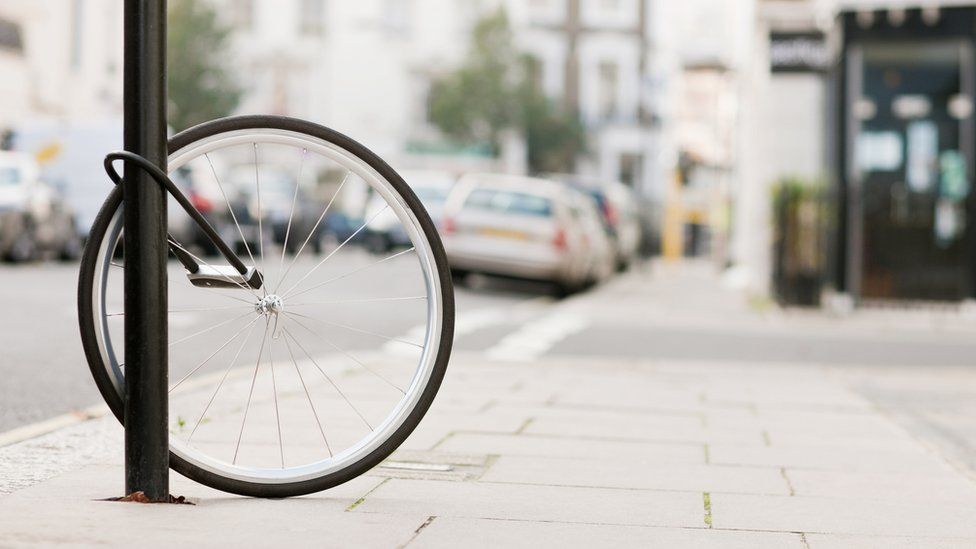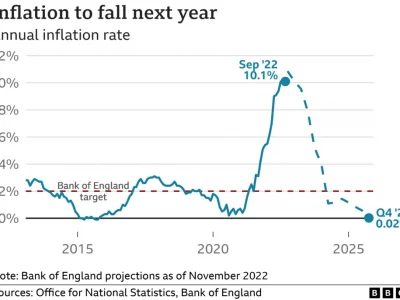The rising cost of living has led to a sharp increase in bogus claims, according to insurer Zurich UK. The company said it identified £4.2m worth of fraudulent property claims between January and May this year, a rise of 25% on the same period in 2021. The figure equates to £40,000 per working day, Zurich said. Among the most common items claimed to have been lost, stolen or damaged were high-value jewellery, mobile phones, and televisions. The average value of the fraudulent claims was £8,800.
In one case, a cyclist made a claim for £1,000 for a stolen bike just 30 minutes after buying a policy. Video footage showed the thief making off with the bike 45 minutes before the cover was taken out. In another, a man claimed a carpet had been burned with hair straighteners but was later found to have claimed for the same damage using the same photos with his previous insurer a year before.

Det Ch Insp Tom Hill, from the City of London Police’s Insurance Fraud Enforcement Department, said: “We understand that the rising cost of living has made the past few months particularly hard for many people across the country – but turning to crime is never the answer. “Submitting a bogus insurance claim may seem like a victimless crime but it, in fact, drives up the cost of premiums for everyone. As well as this, it could also land you with a criminal record.” Scott Clayton, head of claims fraud at Zurich, said: “Sadly, many more people are facing hardships as a result of the cost of living crisis, which is contributing to an increase in fraudulent claims.
“Since the start of the year, we’ve seen a significant rise in bogus property claims, as households and businesses come under increased financial strain. “We’re there for our customers when they need us, and last year paid £2bn in claims. But as well as paying valid claims, we remain vigilant against fraud.”
Zurich also said it had invested in new software that uses data analytics to uncover fraudsters trying to hide their identity by providing false names or address details. The system also highlights those with a claims history deemed to be poor, such as those who have made multiple claims. In May, insurer Aviva also said the proportion of claims it rejected due to fraud concerns had risen last year and has said it expects to see more fraud as people come under financial stress.
![]()





